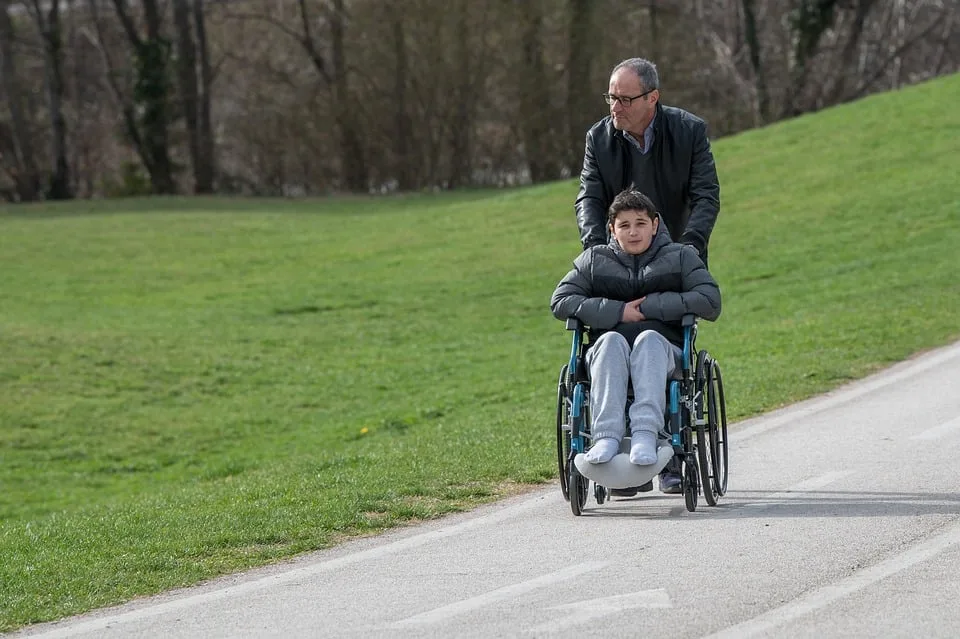-
Shop
- Advanced Technologies
- Auto
- Bathroom
- Clothing & Accessories
- Electronics
- Fashion
- Fashion Accessories
- Festive
- Furniture
- Furniture & Decor
- Gadgets
- Health & Beauty
- Home & Garden
- Home Electronics
- Kids & Babies
- Kitchen
- Lighting
- Patio, Lawn & Garden
- Pet Supplies
- Pets
- Sport
- Sport & Outdoors
- Spring Fashion Pack
- Stores
- Super Deals
- Tools & Equipment
- Travel & Outdoors
- Video Games
- Popular
- Best deals
Revolutionizing Patient Care: Top 10 Breakthrough Healthcare Devices of 2023

Revolutionizing Patient Care: Top 10 Breakthrough Healthcare Devices of 2023
As we continue to navigate through the complexities of healthcare challenges, the year 2023 has seen remarkable advancements in medical technology. These innovations not only promise to enhance the efficiency of healthcare providers but also improve the quality of life for patients across the globe. Here’s a look at the top 10 breakthrough healthcare devices of 2023 that are changing the landscape of patient care:
1. AI-Powered Diagnostic Systems
Artificial intelligence has taken a front seat in diagnostic procedures with systems now capable of analyzing medical images with unprecedented accuracy. These AI models, trained on vast datasets, can identify subtle patterns that elude even experienced radiologists, potentially leading to early detection of conditions such as cancer, heart disease, and more.
2. Smart Inhalers
Asthma and COPD patients have found a new ally in smart inhalers. These devices track medication use and gather data on environmental triggers, allowing for tailored treatment plans and better disease management. Alerts and reminders ensure medication is taken properly, preventing unnecessary hospital visits.
3. Wearable Cardioverter Defibrillators
For patients at risk of sudden cardiac death, wearable cardioverter defibrillators provide critical support outside the hospital environment. These devices automatically detect abnormal heart rhythms and can administer lifesaving shocks, providing constant protection for at-risk patients.
4. Portable Ultrasound Devices
The proliferation of portable ultrasound devices has democratized access to diagnostic imaging, particularly in remote and underserved areas. These devices connect to smartphones and tablets, providing clinicians with immediate insights into a patient’s internal state without the need for bulky, expensive equipment.
5. Remote Patient Monitoring Systems
2023 has seen significant strides in remote patient monitoring (RPM) technology. These systems enhance patient care by continuously gathering data on vital signs and other health metrics, which can be accessed by healthcare professionals remotely, ensuring timely intervention when necessary.
6. Advanced Prosthetics
Advancements in prosthetic technology have introduced highly functional artificial limbs that mimic natural movement more closely than ever. Integrated with sensors, these prosthetics are capable of adjusting their grip or stride in real-time, vastly improving the quality of life for amputees.
7. Robotic Surgery Systems
Robotic systems have increasingly become a fixture in operating rooms, known for their precision and ability to facilitate minimally invasive procedures. The latest models provide surgeons with enhanced dexterity and control, reducing recovery times and improving surgical outcomes.
8. Biodegradable Stents
Biodegradable stents, a major breakthrough in interventional cardiology, gradually dissolve in the body after improving blood flow in clogged arteries. This eliminates the long-term risks associated with metal stents, such as chronic inflammation and late stent thrombosis.
9. Neural Implants
Designed to restore functions lost due to neurological diseases or injuries, neural implants have shown promising outcomes in restoring vision, hearing, and even cognitive functions. These devices interface directly with the nervous system, offering new hope for individuals with severe impairments.
10. Next-Generation Vaccines
With infectious diseases continuing to pose a global threat, 2023 has highlighted several breakthroughs in vaccine technology, including mRNA vaccines designed to combat a wider range of viruses. These next-generation vaccines can be rapidly developed to meet emerging health threats, significantly impacting public health preparedness.
Conclusion
The year 2023 marks a significant milestone in healthcare technology, with each device not just a tool but a beacon of hope for millions. Health tech innovations offer a pathway to more personalized, efficient, and accessible care, ensuring better patient outcomes and a healthier future for all. As we continue to embrace these technologies, the face of healthcare will undoubtedly be transformed, making patient care more effective and humane than ever before.


















Leave a comment